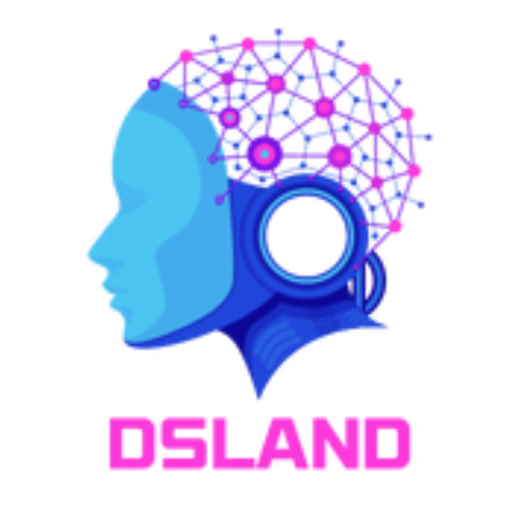Artificial Intelligence: Transforming Fiction into Reality and Beyond
Once the realm of science fiction, Artificial Intelligence (AI) is now a formidable presence in our daily lives. This transformative technology has evolved rapidly, leaving significant imprints across various sectors. From healthcare and finance to entertainment and beyond, AI is more than just a trend—it’s a revolution.
The Evolution from Fiction to Reality
Historically, Artificial Intelligence was often depicted in literature and film as an otherworldly innovation with the potential to either save or destroy humanity. From Isaac Asimov’s “I, Robot” to the highly intellectual HAL 9000 in Stanley Kubrick’s “2001: A Space Odyssey,” popular culture has always been fascinated with the concept of intelligent machines. Today, this fascination has transitioned from the pages of books and silver screens to tangible, real-world applications.
The Early Days
The inception of AI as a scientific discipline occurred in the mid-20th century. AI pioneers like Alan Turing and John McCarthy laid the theoretical foundation that today’s AI technologies are built upon. Initially, these early systems were rudimentary and experimental, often confined to university laboratories.
Modern Day Applications of AI
Fast forward to the present, and AI is ubiquitous. This once-futuristic innovation permeates various aspects of everyday life, driving efficiencies and enabling capabilities that were once unimaginable.
Healthcare
One of the most groundbreaking applications of AI is in the field of healthcare. AI-powered systems are enhancing diagnostic accuracy, predicting disease outbreaks, and personalizing treatment plans. For instance, machine learning algorithms can analyze medical images with great precision, enabling early detection of conditions like cancer.
- Diagnostic Accuracy: AI algorithms help radiologists to identify abnormalities in medical imaging.
- Disease Prediction: AI models can predict disease outbreaks based on data trends.
- Personalized Treatment: Tailored treatments based on patient-specific data.
Finance
The financial sector has also been revolutionized by AI. Automated trading systems, risk assessment algorithms, and customer service chatbots are just a few examples of AI’s impact in this industry. These systems analyze vast amounts of data to make decisions in milliseconds, something human traders can’t equal.
Entertainment
In the world of entertainment, AI is being used for content creation, audience targeting, and even acting. Algorithms are now capable of writing scripts, generating CGI characters, and predicting what kind of content will engage audiences.
The Ethical Dilemmas and Future Prospects
As powerful as AI is, it brings with it significant ethical considerations. Questions about privacy, job displacement, and decision-making transparency are pressing issues that need to be addressed as we move forward.
Ethical Considerations
One of the primary concerns is data privacy. AI systems often rely on vast amounts of data to function effectively. This raises questions about how this data is collected, stored, and used.
- Data Privacy: The potential misuse of personal data.
- Job Displacement: Automation could replace certain job roles, necessitating workforce retraining.
- Transparency: Understanding how AI algorithms make decisions is crucial for accountability.
Future Prospects
Despite these challenges, the future of AI looks promising. Emerging technologies like quantum computing could further accelerate AI capabilities, making it an even more powerful tool.
Moreover, as AI continues to evolve, it is likely to become more integrated with other innovative technologies, unlocking new realms of possibilities. For example, the integration of AI with the Internet of Things (IoT) can lead to smarter cities that are more efficient and sustainable.
Conclusion
Artificial Intelligence has successfully transitioned from a fictional concept to a transformative reality. As it continues to evolve, AI holds the promise to solve some of the world’s most pressing issues while presenting new challenges that require careful consideration. The journey of AI is just beginning, and its capabilities are far from fully realized. What remains clear is that AI is not merely a chapter in science fiction; it’s an unfolding story that will shape our future in unprecedented ways.
Stay tuned to see what the next chapters hold. Whether it’s medical breakthroughs or new forms of entertainment, AI promises to take us into a future limited only by our imagination.
